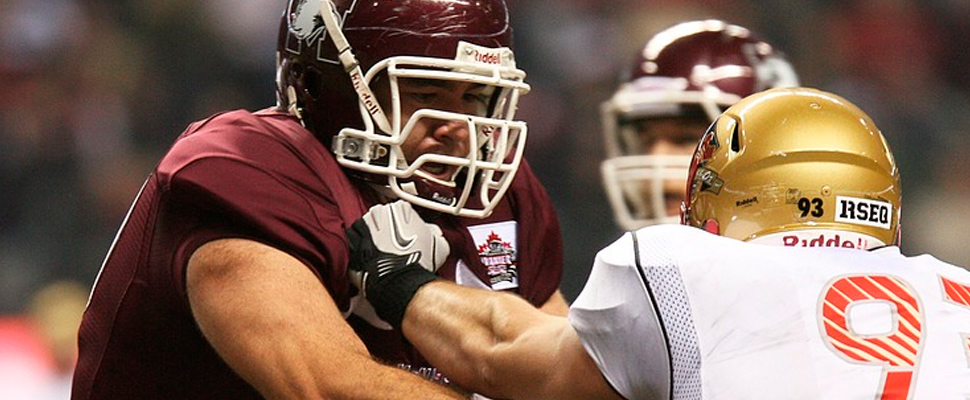The significance of teeth guard in Latin American football
Mouthguards are usually related to high contact sports, like rugby or American football. But, what about other sports that offer a medium risk of collision, such as soccer?

Listen to this article
Soccer, or Latin American Football, is loved worldwide. Approximately 120 million people actively engage in soccer matches around the world, varying from young children up to amateur and professional adults. Although some protection equipment is typically used during the game, teeth safety is usually not always considered as the primary concern. In fact, a study with soccer players of the Football Club Barcelona claims that 21.4% of the players suffered from dental trauma through their match seasons.
Impact of Dental Trauma
According to the National Youth Sports Safety Foundation (NYSSF), players not wearing mouth guards during a match are 60 times more likely to suffer damage to their teeth. Dental trauma, such as any other traumatic accident, can lead to painful and severe consequences. Some complex cases might require oral surgery, replacing teeth for implants, and even wiring the jaw shut. Besides suffering from pain and complex treatments, the player will often need to stay away from the sports field for a while.
The most common dental injuries provoked during sports are:
– Temporomandibular joint disc dislocation
– Tooth intrusion (when the tooth is displaced partially into the bone)
– Tooth extrusion (when the tooth is displaced partially out of its socket)
– Crown and root fractures
– Avulsion (complete displacement of the tooth from its socket and the bone)
Benefits of Wearing a Mouthguard When Playing Soccer
Each year, approximately 200,000 dental injuries are prevented by wearing mouthguards. This safety equipment doesn’t prevent concussions, but for sure, offer an extra layer of protection to your teeth, gums and bones. It can also help to prevent other player’s accidental bites and skin cut.
Also read: Narcissism can lower stress levels and reduce chances of depression
According to the American Dental Association, any sports can make you susceptible to getting hit in the face, although some might have higher risks than others. The recommended games that should include mouthguards on their safety equipment are: Volleyball, Skiing, Soccer, Rugby, Boxing, Basketball, Ice and Field Hockey, Gymnastics, Lacrosse, Skateboarding, Boxing, Football and Wrestling.
Types of Mouthguards for Sports
There are different types of mouthguards that you can choose, depending on your needs and budget.
– Stock Mouthguards
You can find this type in any sports shop, pharmacies or online retailers. It is usually cheap and comes ready to wear. The downside is that stock mouthguards are generally uncomfortable to wear, making it harder to breathe and communicate while wearing one.
– Boil and Bite Mouthguards
Boil and Bite can also be easily bought over the counter, and they offer a little bit more comfort than the stock ones. As the name suggests, you will need to boil it before the first use and shape it around the teeth. It can also be uncomfortable and bulky.
– Custom-fitted Mouthguards
A custom-fit mouthguard is mostly recommended as the proper teeth guard. A dentist or professional laboratory will take the measures and create a mold based on your teeth and mouth proportions. A custom mouthguard is by far the best option since it provides comfort and the best safety possible. As this is a customized work, you will need to be ready to spend a little more money than the other models.
Safety Tips to Care for Your Mouthguard
Although a mouthguard can protect your teeth and bones from serious injuries, it might increase the chances of small cuts, which can lead you to develop infections. To prevent this from happening, it is crucial to have a regular cleaning routine, and replace the mouthguard when necessary,
– Clean it regularly – As you care for your teeth, your mouthguard should always be clean, to avoid bacteria, fungi, and mold growth. You can use some antimicrobial denture-cleansing solutions to keep it always clean and ready to wear.
– Carry it properly – Always carry your mouthguard into its carry case, which should also be regularly cleaned with water and cleaning solutions.
– Know when it is time to replace – if your mouthguard is sharp or distorted, you should not wear it anymore. If you also develop any oral allergies or ulcer, replace it right away.
– Regular checkups – Always bring your mouthguard to your dentist visits, so you can be sure they are still in proper fit for wearing.
The Takeaway
Sports and athletic activities have an inherent risk of injuries, it is part of the game, but this doesn’t mean you can’t avoid accidents from happening. That is why most sports have a list of safety equipment players should wear, such as protective cups, gloves, shin guards, helmets, and so on. It doesn’t matter if you are a weekend warrior or professional; safety should always be your first concern.





